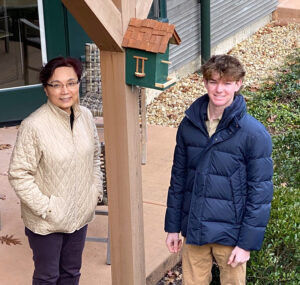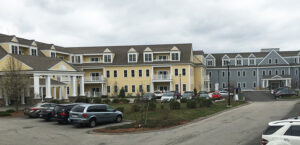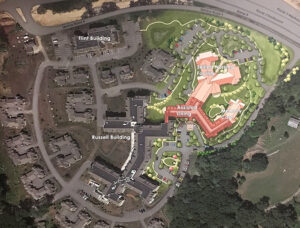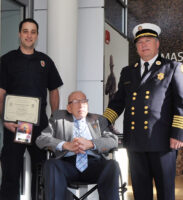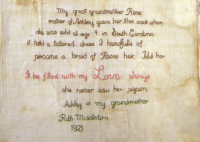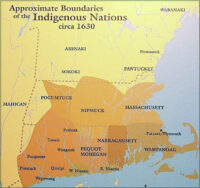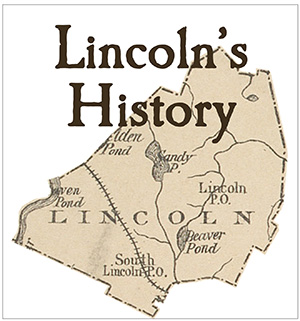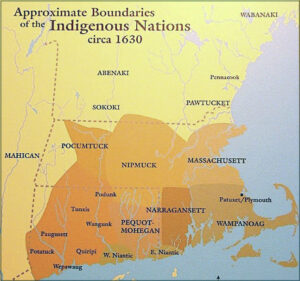As the dust settles from redistricting after the U.S. census, one thing is clear: Lincoln will no longer be represented on Beacon Hill by Waltham resident Rep. Thomas Stanley after January 2023.
Stanley (D-Waltham) has been the state representative for the 9th Middlesex district, which comprises Lincoln and part of Waltham, since 2001. But the new House maps split Lincoln between two districts along the town’s voting precinct line: the 13th Middlesex (Precinct 1 in the western part of town) and the 14th Norfolk (eastern Lincoln). The precinct line within Lincoln is not changing because the population in town did not shift enough to warrant an adjustment.
In the state Senate, Lincoln will still be in the 3rd Middlesex Senate district (now represented by Sen. Michael Barrett), but that district has shrunk a bit geographically — it will no longer include part of Sudbury.
“I was very disappointed that I’m going to lose Lincoln in my district. I’ve made a lot of great relationships and really enjoyed representing the town and working with the elected and appointed people there,” he said in an interview with the Lincoln Squirrel. “Unfortunately for me, combinations had to be made to address other redistricting issues around the state, and they did a great job as a body with the majority-minority districts. But whenever you change one district, there’s ripple effects.”
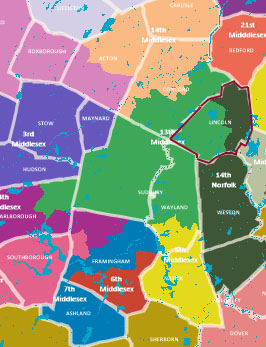
The portion of the new House district map showing how Lincoln will be split between the 13th Middlesex (lighter green) and the 9th Norfolk (darker green). Click here to see the full Massachusetts map.
If the change happened today, Lincoln’s Precinct 1 would be represented by Rep. Carmine Gentile (D-13th Middlesex), who lives in Sudbury, and and Precinct 2 by Rep. Alice Peisch (D-14th Norfolk), a Wellesley resident. Before the next election in November 2022, voters will know whether they and other incumbent representatives decide to run again and whether they win their party’s nomination in the primary.
As for Lincoln being split between two districts starting in 2023, “a lot of towns might look at that as a negative, but I don’t,” Stanley said. “The fear is that [being] such a small part of a district means they won’t get attention, but it’s in the representative’s interest to treat every precinct as if they lived there. And just from a purely political perspective, it only helps the incumbent if they’re responsive to small towns.”
Stanley also noted that during the run-up to the next election, “Lincoln will have three representatives looking out for their interests” as Peisch and Gentile (assuming they run for reelection) learn about and meet people in town. “I think Lincoln will be very happy with Alice and Carmine,” he added.


